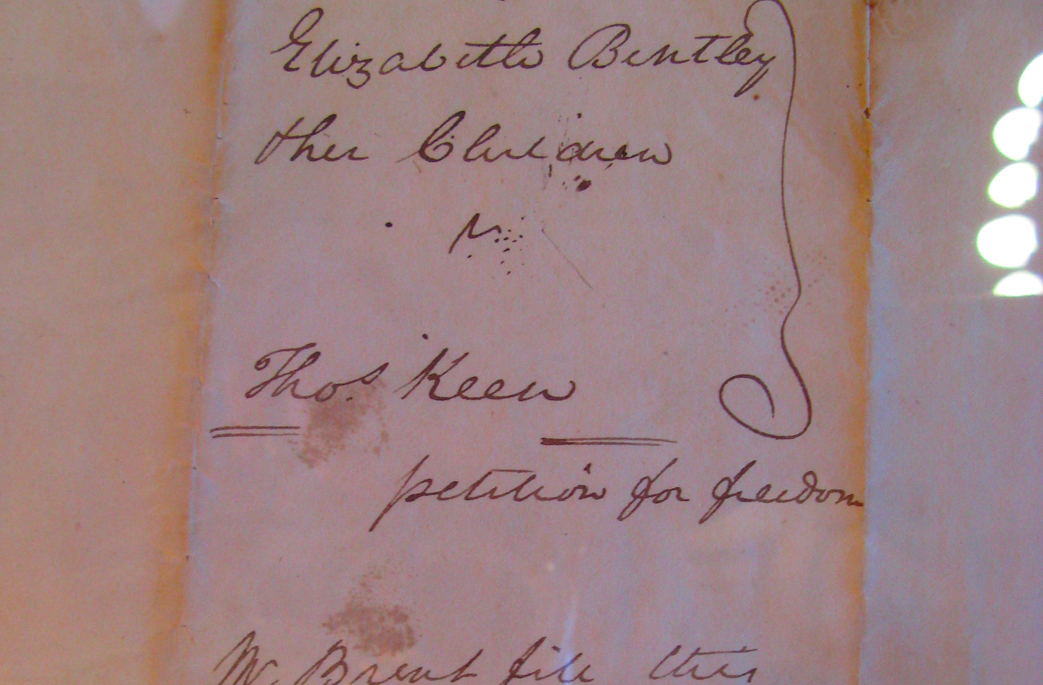If you’re looking for a new branch in your family genealogy, you might be in luck.
Historians at the University of Nebraska-Lincoln and the University of Maryland have published hundreds of petitions for freedom and other court cases filed by African-Americans in the early 19th century.
The site is called O Say Can You See.
Check it out
Back then, reports Slate, the Chief Justice for the U.S. Court of Appeals for the District of Columbia Circuit refused to include the petitions of black Americans in his case summaries.
So the historians went to another source: an index of court cases compiled from original court documents. The website also includes case files from Maryland state courts and the U.S. Supreme Court.
To parse out the source material, the historians behind O Say Can You See transcribed each document and loaded it with metadata. Each entry is tagged according to the person, place and family involved — and even relationships between individuals are neatly indexed.
The experts note, with an obsessiveness common to coders and historians:
Each entry points to the source document for each attribute. Each attribute can change over time. Name, age, and especially color appeared differently in different documents over time. Residences of the enslaved are named and can be tracked. Our encoding of the relationships in these legal cases begins to suggest the extraordinary range of contacts and connections in the social world of the early republic.
Oh, and if you want to fiddle with the raw data yourself, get at it.
Before you go...
Please consider supporting Technical.ly to keep our independent journalism strong. Unlike most business-focused media outlets, we don’t have a paywall. Instead, we count on your personal and organizational support.
3 ways to support our work:- Contribute to the Journalism Fund. Charitable giving ensures our information remains free and accessible for residents to discover workforce programs and entrepreneurship pathways. This includes philanthropic grants and individual tax-deductible donations from readers like you.
- Use our Preferred Partners. Our directory of vetted providers offers high-quality recommendations for services our readers need, and each referral supports our journalism.
- Use our services. If you need entrepreneurs and tech leaders to buy your services, are seeking technologists to hire or want more professionals to know about your ecosystem, Technical.ly has the biggest and most engaged audience in the mid-Atlantic. We help companies tell their stories and answer big questions to meet and serve our community.
Join our growing Slack community
Join 5,000 tech professionals and entrepreneurs in our community Slack today!

The person charged in the UnitedHealthcare CEO shooting had a ton of tech connections

From rejection to innovation: How I built a tool to beat AI hiring algorithms at their own game

Where are the country’s most vibrant tech and startup communities?


